One of the biggest TikTok and Instagram trends of the past few months, slugging has become the new ‘in’ skin trend. Unlike many other online skincare trends, though, this is one of those rare ones that seems to be a good idea. So good, in fact, that even dermatologists are encouraging it. One such derm is board-certified dermatologist Lindsey Zubritsky, M.D., FAAD who recently made a fantastic TikTok about the dos and don’ts of slugging.
What is slugging?
If you aren’t a regular scroller on TikTok or Instagram or a beauty buff, you might not have heard of slugging. And if you’re wondering where it came from, slugging is a K-Beauty trend that went viral. Essentially, slugging is done by applying an occlusive moisturizer as the final step in your skin routine. Doing this should lock in hydration and prevent transepidermal water loss.
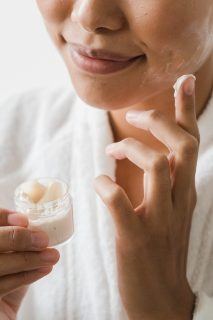
Image by Greta Hoffman
If you’re already lost and don’t know what an occlusive moisturizer is, don’t worry. An occlusive moisturizer is usually reserved for people with extremely dry, irritated skin or those suffering from skin conditions such as eczema. The most common of the occlusive moisturizers is Vaseline (specifically petroleum jelly).
Because slugging prevents most transepidermal water loss, it allows the skin to rebuild its moisture barrier. This ultimately improves the overall condition of the skin once the product has been removed.
However, it does have to be said that despite the fact that Petroleum Jelly is non-comedogenic, it still isn’t suitable for all skin types. If you have very oily and acne-prone skin, slugging likely isn’t for you
What not to do
Although many derms are fond of the slugging trend and encourage it, it still isn’t a good idea for all skin types. Here are a few other things to avoid when you’re slugging…
Slugging over strong active ingredients
To be clear, this doesn’t apply to all active ingredients. For instance, slugging is great for locking in ultra-hydrating ingredients like hyaluronic acid or niacinamide. However, it doesn’t work so well with stronger active ingredients like retinoids.
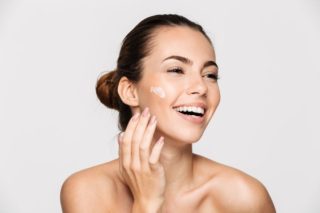
Dean Drobot/Shutterstock
The problem is that occlusive moisturizers trap everything underneath. And because nothing can get through the barrier of the last layer, strong active ingredients become trapped and cause irritation.
Zubritsky notes that slugging and locking in an active like retinol can make it even stronger. However, this doesn’t mean that you can’t slug if you use a retinoid.
You definitely can, just don’t do them both on the same night. Instead, look at a skincare cycle where you slug and use retinoids on alternate days.
Slugging over acne or breakouts
We already know that slugging traps everything underneath the final layer inside. And if you’re experiencing breakouts, the last thing you want to do is trap the bacteria and oil from the pimples in your skin. If you only experience the occasional breakout, then you shouldn’t have an issue slugging as long as you opt for a non-comedogenic which will hydrate without blocking your pores.
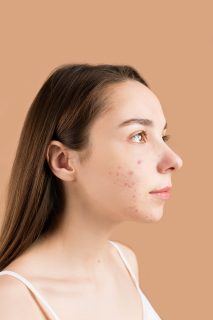
Image via Anna Nekrashevich
On the other hand, if you’re experiencing regular breakouts, have oily skin, or struggle with acne, then slugging is to be avoided. Derms don’t recommend it to anyone with an oily skin type because even if you use a non-comedogenic product, it can still trap dead skin and oil, which allows acne to thrive.
If you struggle with combination skin and have some really dry parts and other sections that are oily, you might be able to slug on just the dry parts of the face. Whatever you do, make sure that you don’t slug during a breakout.
Not cleansing properly afterward
Generally, if you have really dry or sensitive skin, you don’t have to wash your face twice a day. In fact, washing just once daily is generally good for this skin type, as it allows the skin to hold onto as much moisture as possible. However, if you’re going to slug at night, you absolutely have to wash your skin properly in the morning.
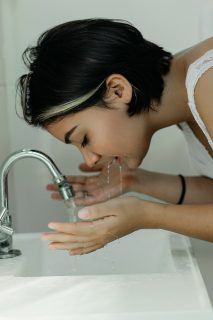
Photo by Vitória Santos
Given that occlusive moisturizers can clog pores and essentially seal the skin, it’s vital that the layer is washed off when you wake up.
Slugging is fantastic for your skin for just a few hours overnight, but you really shouldn’t keep any of it on until the next day. This is especially true if you wear makeup. Instead, rinse off all the residue with a gentle cleanser before continuing with your skincare routine as per usual.
Main Photo Credit by Icons8 Team on Unsplash
References
https://www.mindbodygreen.com/articles/common-slugging-mistakes-top-derm-wants-you-to-avoid
https://www.cosmopolitan.com/style-beauty/beauty/a36744352/slugging-skincare/


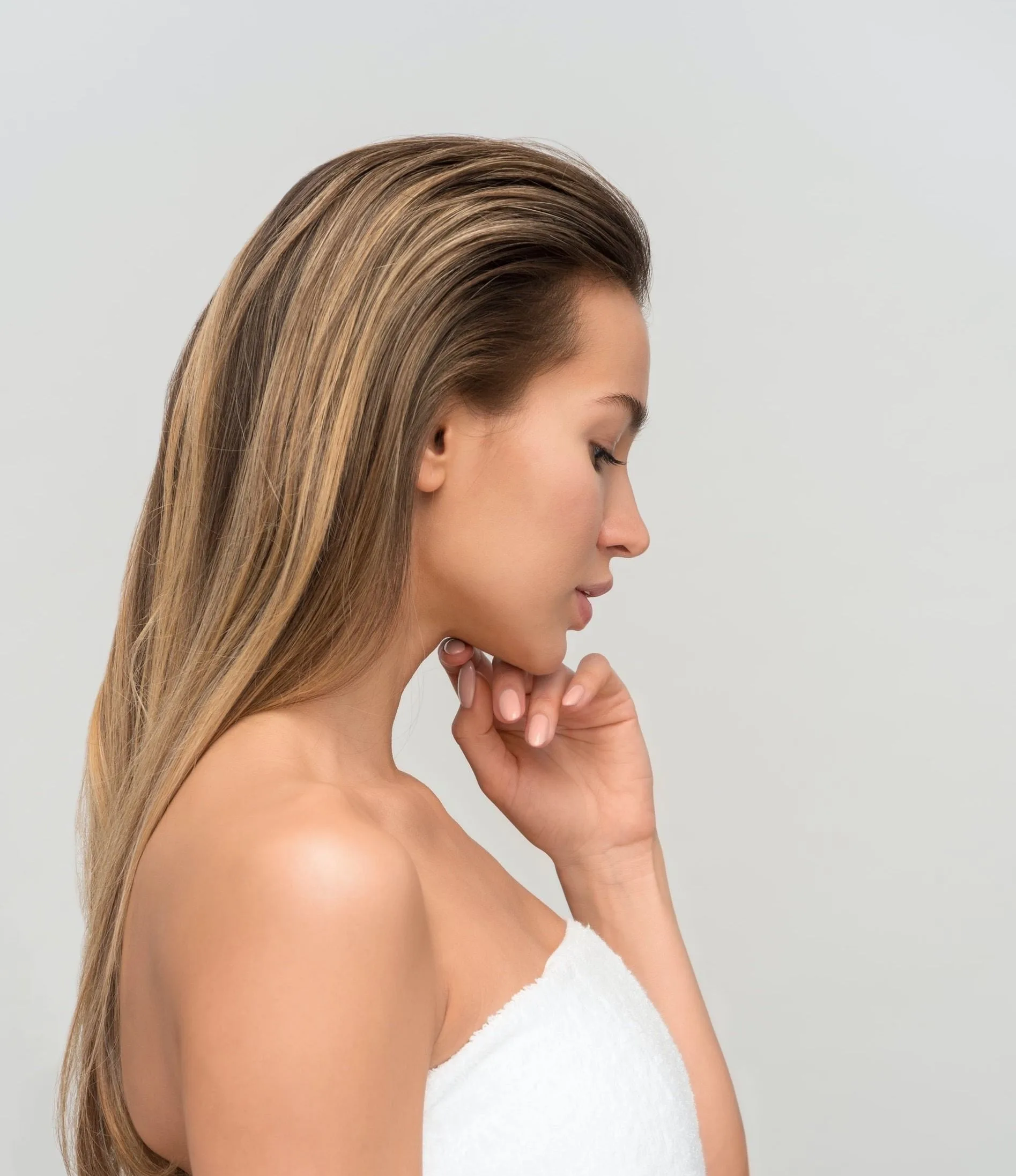


![women [longevity live]](https://longevitylive.com/wp-content/uploads/2020/01/photo-of-women-walking-down-the-street-1116984-100x100.jpg)









